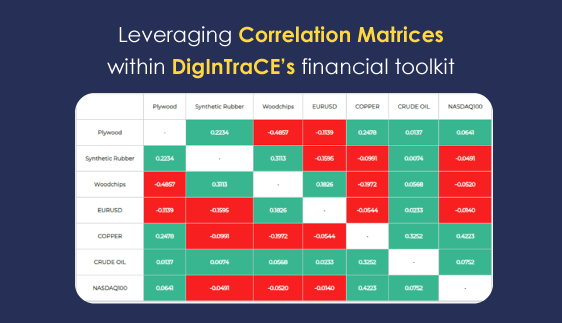HYPERTECH Energy Labs have been awarded a new R&D contract from the European Commission (Project Acronym: BIMERR). BIMERR will design and develop an ICT-enabled Renovation 4.0 toolkit comprising tools for AEC stakeholder support throughout the energy efficiency renovation process of existing buildings. It will enforce semantic interoperability among its own tools as well as with third-party ICT tools to enable seamless BIM creation and information exchange among the AEC community in an effort to boost the rapid adoption of BIM in renovating of the existing EU building stock.
Hypertech Energy Labs constitute a leading member of an international consortium of renowned academic and industrial partners, led by Fraunhofer (Germany) and actively involving Centre for Research and Technology Hellas (CERTH), CONKAT and University of Peloponnese (Greece), Universidad Politécnica de Madrid (Spain), UBITECH and Suite5 (Cyprus), MERIT Consulting (Belgium), Xylem and BOC Asset Management (Austria), GlassUp (Italy), Budimex (Poland), Exergy and Heriot-Watt University (UK) and NOVITECH (Slovakia).
BIMERR is a project co-funded by the European Commission under the H2020 Programme/ Topic LC-EEB-02-2018 - Building information modelling adapted to efficient renovation (RIA). The project has officially been launched on January 1st 2019, its duration is 45 months and it has a total budget of €7M.
Building Information Modelling is a critical element in the digitalization of the construction industry, which is necessary in order to unleash huge efficiency and productivity improvements. BIMERR will design and develop a Renovation 4.0 toolkit which will comprise tools to support renovation stakeholders throughout the renovation process of existing buildings, from project conception to delivery. It comprises tools for the automated creation of enhanced building information models, a renovation decision support system to aid the designer in exploring available renovation options through an the accurate estimation of renovation impact on building performance as well as a process management tool that will optimize the design and on-site construction process toward optimal coordination and minimization of renovation time and cost. At the heart of the BIMERR toolkit lies an interoperability framework, which will enforce semantic interoperability among BIMERR tools as well as with third-party legacy ICT tools to enable seamless BIM creation and information exchange among AEC stakeholders in an effort to enhance the rapid adoption of BIM in renovation of the existing EU building stock. The BIMERR toolkit will be validated and demonstrated in 4 buildings in 3 European Member States. Two buildings will be used for pre-validation and implementation refinement and the refined BIMERR toolkit will support the actual renovation design and works in one residential building in Poland and a second one in Spain. The assessment and evaluation of the BIMERR toolkit after these real-life activities will feed material into two supporting horizontal project activities: i) dissemination and exploitation of project outcomes through the creation of best practice examples of BIMERR use that will guide further replication effort, and ii) promotion of BIMERR outcome to the most relevant standardization bodies.






